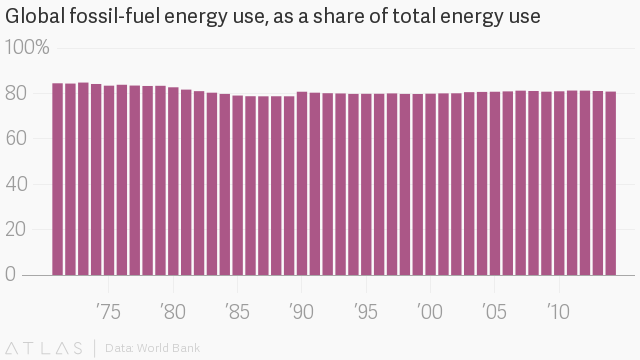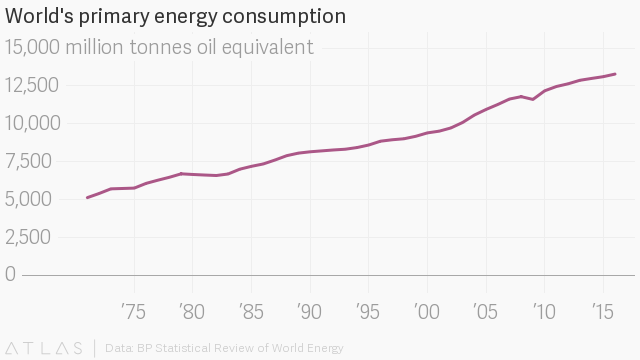Source: The world’s addiction to fossil fuels hasn’t changed in 40 years
Category: Miscellaneous
Burn The Programmer! – Charlie’s Diary
Source: Burn The Programmer! – Charlie’s Diary
RE: Arthur C Clarke’s Third Law, “Any sufficiently advanced technology is indistinguishable from magic.”
I don’t have to imprecate dark and terrible forces in order to use my PS4, unless you count Sony’s latest privacy policy. My lovely new iPad is famously intuitive, not a quality one would ascribe to The Lesser Key Of Solomon. But. … That’s not so much the case for the other technology I interact with.
So there’s this class of people in the world who can do incredible things – like, say, teaching a car to drive itself. Or indeed crafting a literal Magician’s Broom to clean their towers – I mean, apartments.
And they do this by immersing themselves in obscure, difficult learning that on the face of it makes no sense to the average person.
They can cause harm to people tens of thousands of miles away using weirdly-named incantations – like “WannaCry”.
They summon and control alien entities called “AIs”. They don’t always perfectly control those entities.
And they can amass unimaginable wealth and power by using these arcane skills.
What happens next?
As I watch 2017 unfold in all its craziness, I do start wondering whether the conversation should be less about robots, and more about straight-up magic. About a world which is increasingly splitting into those who can wield magic, those who can pay the magicians, and those who just use the things magic enables.
The War To Sell You A Mattress Is An Internet Nightmare | Fast Company
Source: The War To Sell You A Mattress Is An Internet Nightmare | Fast Company
Why did Casper sue a mattress blogger? A closer look reveals a secret, multimillion-dollar battle to get you into bed.
a look at a little-known and hugely lucrative annex of e-commerce, one where the relationships can often get a little too comfy—until they’re not
An electromagnetic shock – An electromagnetic shock
Source: An electromagnetic shock – An electromagnetic shock
ON MARCH 13th 1989 a surge of energy from the sun, from a “coronal mass ejection”, had a startling impact on Canada. Within 92 seconds, the resulting geomagnetic storm took down Quebec’s electricity grid for nine hours. It could have been worse. On July 23rd 2012 particles from a much larger solar ejection blew across the orbital path of Earth, missing it by days. Had it hit America, the resulting geomagnetic storm would have destroyed perhaps a quarter of high-voltage transformers, according to Storm Analysis Consultants in Duluth, Minnesota.
America runs on roughly 2,500 large transformers, most with unique designs. But only 500 or so can be built per year around the world. It typically takes a year or more to receive an ordered transformer, and that is when cranes work and lorries and locomotives can be fuelled up. Some transformers exceed 400 tonnes.
Kit that protects transformers from EMP also saves them from geomagnetic storms, though the reverse is not true. … The expense of installing surge-blockers and other EMP-proofing kit on America’s big transformers is debated. The EMP Commission’s report in 2008 reckoned $3.95bn or less would do it. Others advance higher figures. But a complete collapse of the grid could probably be prevented by protecting several hundred critical transformers for perhaps $1m each.
The Premium Mediocre Life of Maya Millennial
Source: The Premium Mediocre Life of Maya Millennial
Premium mediocre is the finest bottle of wine at Olive Garden. Premium mediocre is cupcakes and froyo. Premium mediocre is “truffle” oil on anything (no actual truffles are harmed in the making of “truffle” oil), and extra-leg-room seats in Economy. Premium mediocre is cruise ships, artisan pizza, Game of Thrones, and The Bellagio.
Premium mediocre is food that Instagrams better than it tastes. …
all the coffee at Starbucks is premium mediocre.
…
premium mediocrity is creating an aura of exclusivity without actually excluding anyone.
At some level, civilization itself is at a transitional premium mediocre state somewhere between industrial modernity in a shitty end-of-life phase, and digital post-scarcity in a shitty early-beta phase.
The essence of premium mediocrity is being optimistically prepared for success by at least being in the right place at the right time, at least for a little while, even if you have no idea how to make anything happen during your window of opportunity.
Today, you’re either above the API or below the API. You either tell robots what to do, or are told by robots what to do. To crash through the API, and into what I previously termed the Jeffersonian middle class, is to go from being predator to prey in the locust economy.

